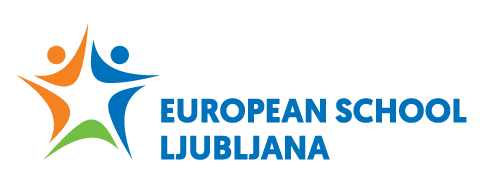CREATIVE SUBJECTS
MUSIC
Students in S1 to S3 all have music two lessons per week. These lessons include active music-making, listening and responding, and composition and improvisation. The goal is to learn about a wide range of musical styles and contexts through personal experience. Students have the opportunity to learn new hands-on skills and participate in group music-making.
Music is not a required subject in S4 and S5, but an elective one that students may choose. It meets two lessons per week. This two-year cycle features in-depth study of five specific topic areas (e.g., film music, popular music, and European folk music) and the creation of an individual portfolio for each student. The portfolio can include video or audio recordings of performances, written or graphic compositions, presentations, electronic music, or other documentary evidence of their work. There is also a comprehensive written exam at the end of S5.
In S6 and S7 there are two options for students who choose music. The first option is a course that meets four lessons per week and leads to the music baccalaureate exam at the end of S7. During this course students work with music from the classical, jazz, and popular traditions, as well as music from around the world. Students continue to develop their performance, composition, and improvisation skills, as well as exploring various ways to write about music. They create individual portfolios similar to those in the prior cycle, and these portfolios form part of the exam mark. Students who prefer not to take the music baccalaureate exam may chose the second option, a course that meets two lessons per week. This course covers similar areas of study and students also compile individual portfolios, but they do not sit an external exam.
ART
In S1, S2, and S3, students have 2 periods of art lessons per week. They are introduced to the basics of art, including key elements and techniques and are guided in developing their artwork. This helps them build the skills needed to work with different tools, materials, and methods.
In S4 and S5, art is no longer a required subject, but an elective one, with 2 periods per week. Students are expected to have gained the basic art skills and are given more freedom to experiment, explore, and find their own solutions with less teacher guidance. They also learn how to document and present their progress, requiring more independence and responsibility, which helps them reach their full potential.
In S6 and S7, art can be chosen as a 2 period or 4 period option. The art courses focus on personal creativity through individual research and project-based work. In the 4-period option, students prepare for the practical art baccalaureate exam, which includes research, preparation, and critical reflection. This exam shapes how the class is organized.


